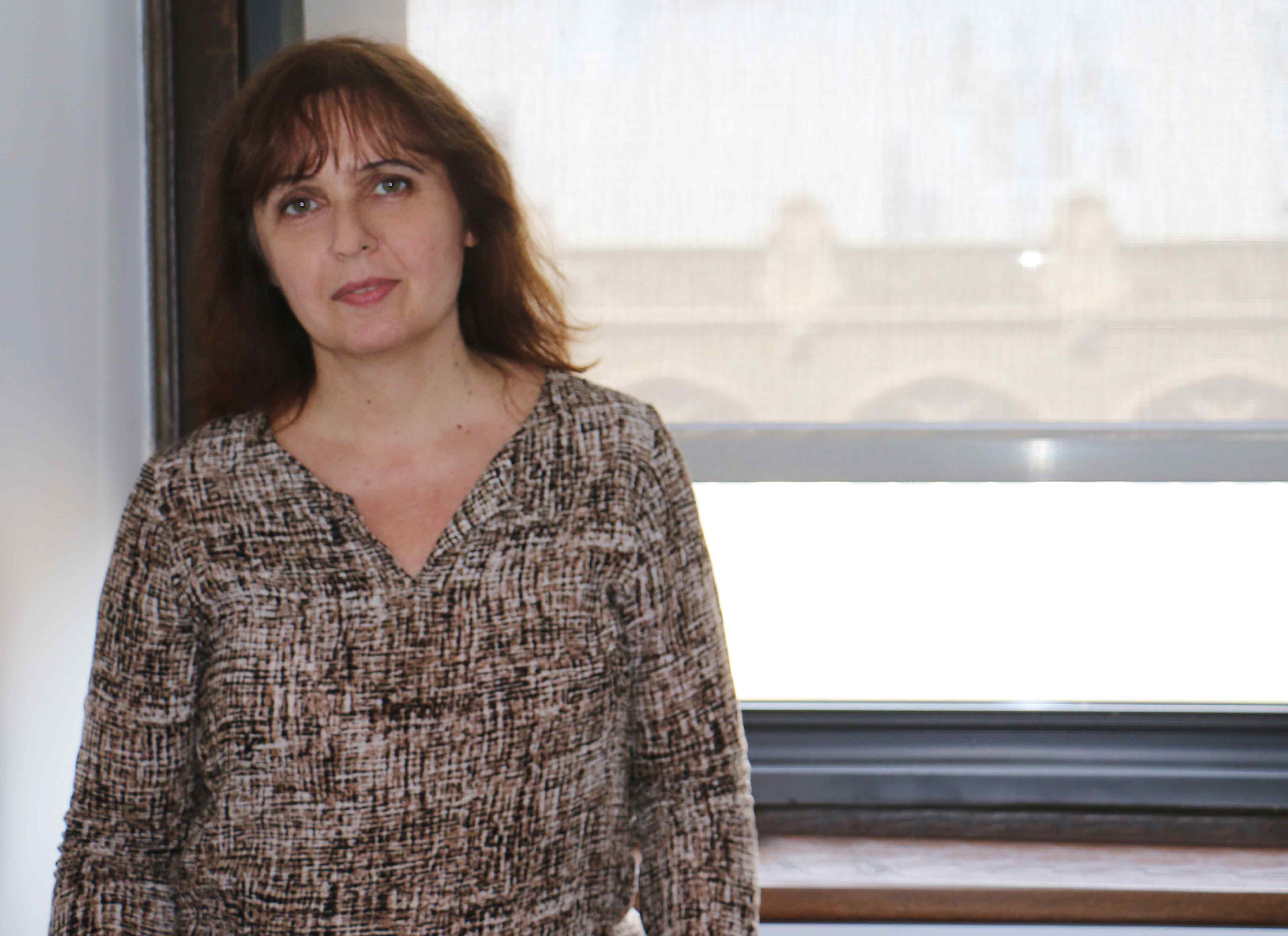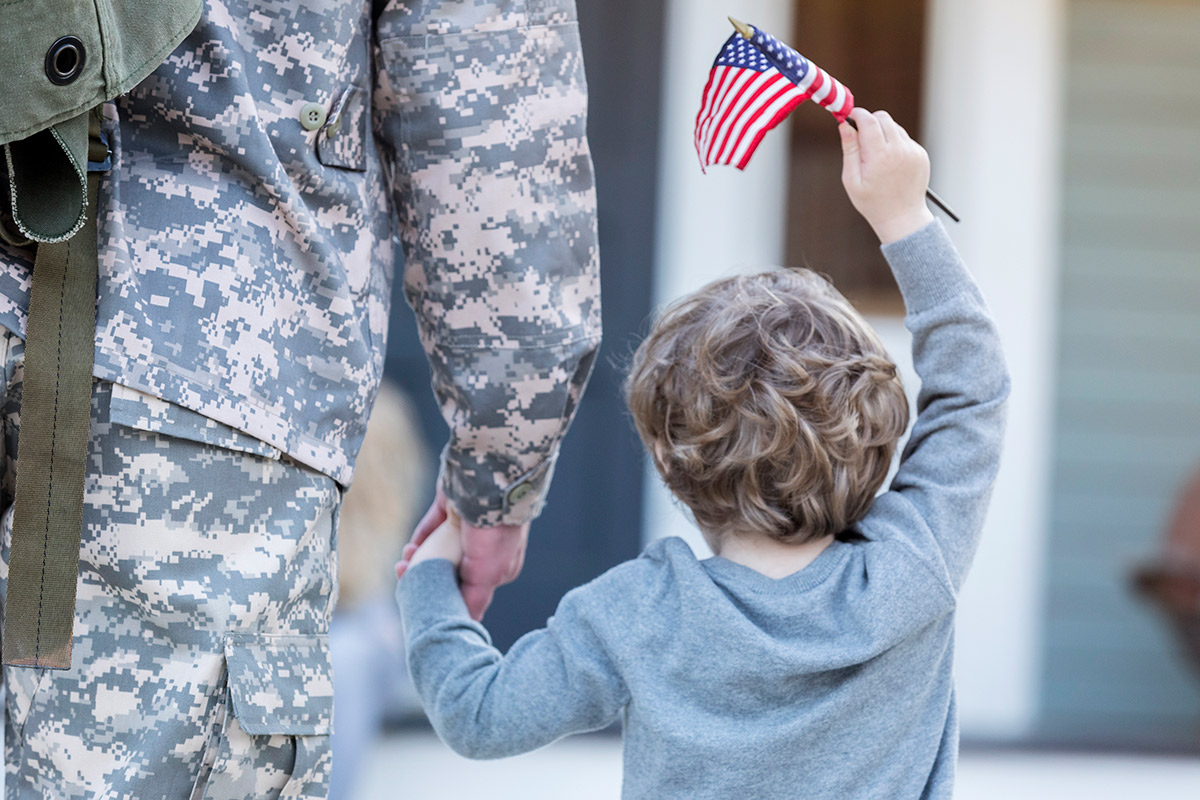Military veterans often struggle as they transition back to civilian life – but many are reluctant to seek help because of the stigma surrounding mental health issues. Those who do often face a long wait at overtaxed Veterans Administration (VA) hospitals and clinics, and still may not find what they need: Current care tends to focus primarily on post-traumatic stress disorder (PTSD), yet – as research by Teachers College’s Resilience Center for Veterans & Families has shown – PTSD afflicts a relatively small percentage of veterans. A far more common problem and priority among veterans is transitional stress, triggered by returning to the dramatically different circumstances of civilian life and the difficulties of finding a job, working with civilian colleagues, and getting along with family and friends.
Now, working through the Resilience Center, Lena Verdeli, Associate Professor of Psychology & Education and Director of TC’s Global Mental Health Lab, is testing a very brief (three-session) intervention designed to address veterans’ needs and priorities. The IPT-3 (as researchers call it) is short and promotes veteran engagement by addressing here‐and‐now issues of adjustment to civilian life rather than mental disorders. This intervention, developed by Verdeli and Columbia University psychiatrist Myrna Weissman, is delivered in a setting that is non‐stigmatizing for the veterans (TC’s Dean Hope Center for Educational and Psychological Services).

ADAPTING FOR SUCCESS Verdeli is the world's leading authority on use of a therapy that's helped refugees combat severe depression.
Verdeli is the world’s leading authority on the use of a method called Interpersonal Therapy (IPT) to combat severe depression experienced by refugees and others whose lives have been upended by war, natural disasters and other events. In collaboration with the Resilience Center, colleagues from the VA and students supervised by Dean Hope Center Director Dinelia Rosa, the team is piloting the intervention with a small number of student veterans. The sessions focus on the day-to-day impact of disputes, transitions, grief, and loneliness that contribute to the veterans’ distress.
“Our hope and expectation is that a number of veterans will experience reduction of their distress and improvement of their functioning, and those who need more treatment will follow up with a recommended intervention and adhere to it. We have now initial data that point to this direction, however we need more evidence,” Verdeli says.
Because of the stigma around mental health issues, veterans often don’t seek help as they transition back to civilian life. Verdeli is testing a brief, three-session intervention focusing on here‐and‐now issues of adjustment rather than mental disorders.
The study marks the first instance in which IPT-3 is being used to treat veterans. It is being conducted in partnership with the Veteran’s Health Administration’s Veterans Integration to Academic Leadership (VITAL) Initiative, a national effort that addresses the health and academic needs of veterans pursuing undergraduate and graduate degrees. The Center currently has a Memorandum of Understanding (MoU) in place with NY Harbor Health Care’s Manhattan VITAL, which has facilitated increased clinical engagement among student veterans through referrals between the Resilience Center, VITAL, and the greater VA health system.
In a planned second phase of the study, Verdeli will revise the IPT-3 model based on lessons learned from the first phase and test it in a larger group of veterans at other sites around the country.
The Resilience Center for Veterans & Families is directed by George Bonanno, Professor of Clinical Psychology, and generously funded by David and Maureen O’Connor.
